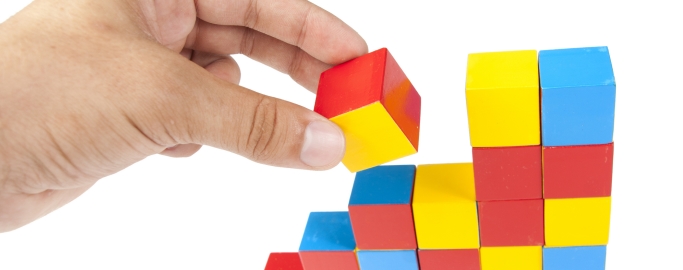Why Do Companies Use Brain Teasers and Logic Puzzles during the Recruitment Process?

“Tell me about yourself. Tell me about your experience and strengths. Why do you feel you are the right person for this position?”
These are the most common job interview questions. Most candidates have prepared and rehearsed their answers to such questions, making it hard for recruiters to truly assess their skills. That’s why more and more employers are using not-so-standard methods to filter applicants. Brain teasers and logic puzzles are two of these unconventional and innovative strategies.
Brain teasers and logic puzzles may sound the same but there’s a significant difference between the two. Brain teasers involve unusual questions that you have to answer based on your assumptions of the problem. The goal of this test is to determine whether a candidate has the ability to solve tough problems and to some extent, it can demonstrate a candidate’s confidence in thinking outside the box. In most cases, you are not expected to come up with the correct answer. In fact, the interviewer might not know the right answer either. Employers that utilize brain teasers are more interested in how you process your thoughts, how creative you can be, and your capability and audacity to present innovative ideas.
Logic puzzles, on the other hand, do have a concrete answer that can be deduced rationally. Usually, these puzzles have various valid solutions but you are expected to come up with the optimal resolution.
Basically, companies use these mind-boggling tools to discover the following:
How Do You Think?
Can you structure your thinking processes? Can you establish your assumptions before doing something? If you can effectively explain how you arrived at your recommendation, you will most likely do well during the brain teasers and logic puzzles interview.
How Do You Identify Relevant Details?
Can you quickly distinguish which information is relevant to the solution? If you have a strong ability to spot superfluous materials, then you won’t have a problem with brain teasers and logic puzzles.
How Do You Deal with Ambiguity?
Can you handle vague and unfamiliar scenarios? More often than not, the subject of these tests are foreign to the candidate. Recruiters want to know how you cope with peculiar situations and if you have the grace and composure to handle them.
How Confident Are You?
How well do you cope with stress? Employers are looking for people who can exude confidence and who they can trust to represent them in a reliable manner.
How Do You Communicate?
Can you clearly and confidently express your thoughts? Can you convey your opinions using the right tone and volume to persuade clients? Recruiters want to find out if you are articulate enough to answer uncommon questions.
Remember, preparing for a job interview not only requires you to research the company’s profile, you also have to sharpen your cognitive skills, flexibility, and grace. Rehearsed answers will not impress your target employer. Take the time to practice brain teasers and logic puzzles.
